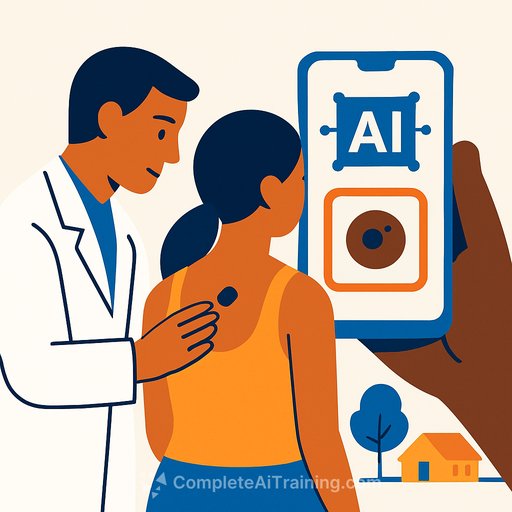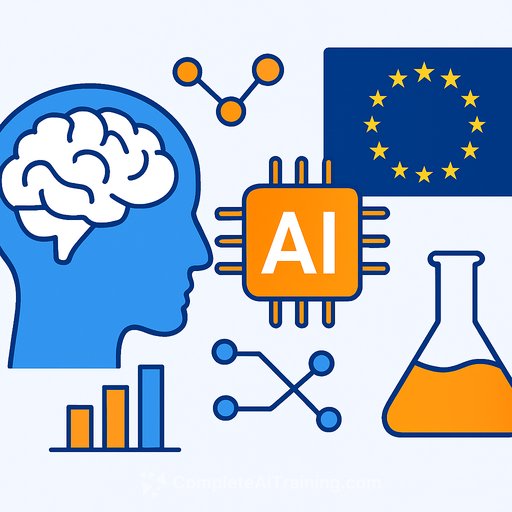Ph.D. Researcher Develops AI Tool to Improve Skin Cancer Diagnosis in Remote Areas
Access to timely and accurate skin cancer diagnosis is a challenge in many underserved and remote regions. A Ph.D. researcher has created an AI-driven system that analyzes images of skin lesions to detect potential skin cancer cases. This approach could provide critical early detection where dermatological services are scarce.
The Challenge of Skin Cancer Diagnosis
Skin cancer remains one of the most common cancers worldwide, and early identification significantly increases treatment success. Unfortunately, many remote communities face barriers to specialist care, delaying diagnosis and reducing survival chances. Addressing this gap requires innovative solutions that extend diagnostic capabilities beyond traditional clinical settings.
The AI-Based Diagnostic Approach
The AI system uses advanced algorithms trained on a wide variety of skin condition images to recognize suspicious lesions. Users can capture photos of their skin and receive instant feedback on whether they should seek medical evaluation. This mobile-friendly tool offers a practical way to bring expert-level preliminary assessment directly to individuals.
Benefits for Remote Communities
- Improves early skin cancer detection where specialists are unavailable
- Empowers individuals to monitor their own skin health
- Supports timely medical referrals, potentially improving outcomes
By enabling remote diagnosis, this AI approach can help reduce disparities in healthcare access and contribute to better survival rates in underserved populations.
Next Steps and Future Potential
Plans include refining the AI model for higher accuracy and integrating it with telemedicine platforms. This would allow healthcare professionals to review AI assessments remotely and provide consultations, extending medical expertise to areas with limited resources.
Such integration could transform how skin cancer screening is conducted in remote settings, combining AI efficiency with medical oversight for improved patient care.
For those interested in AI applications in healthcare, exploring comprehensive training resources can provide valuable skills. Visit Complete AI Training for courses on AI technologies and their practical uses.
Your membership also unlocks:






